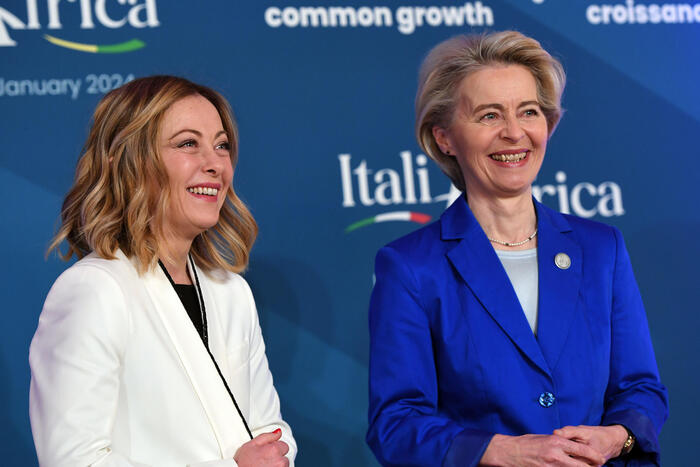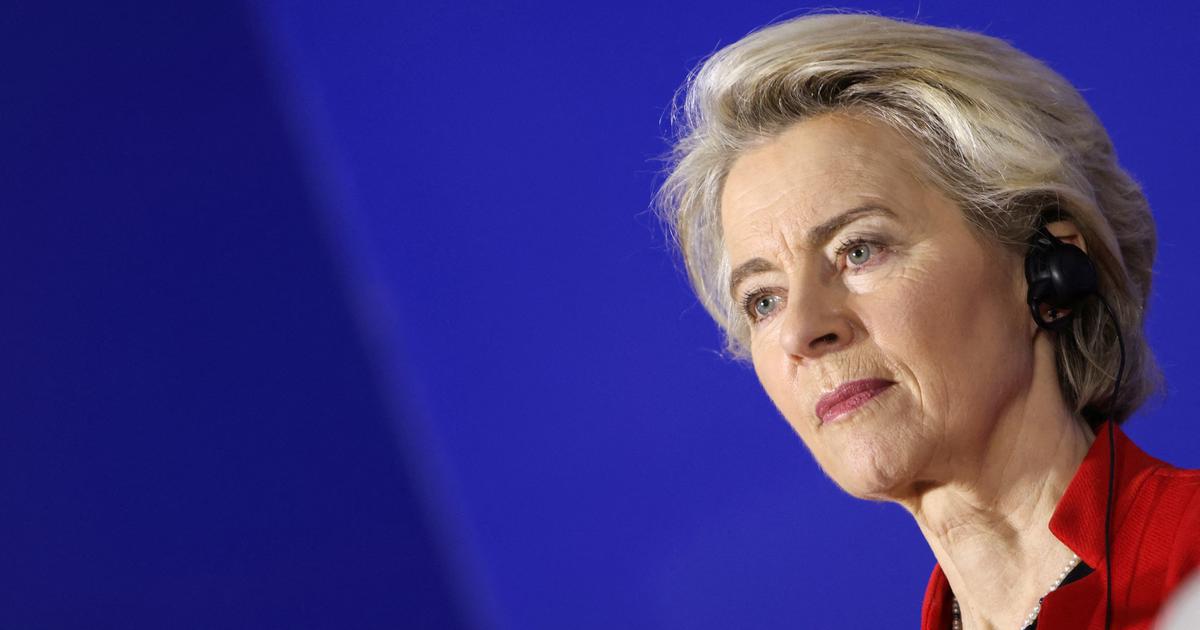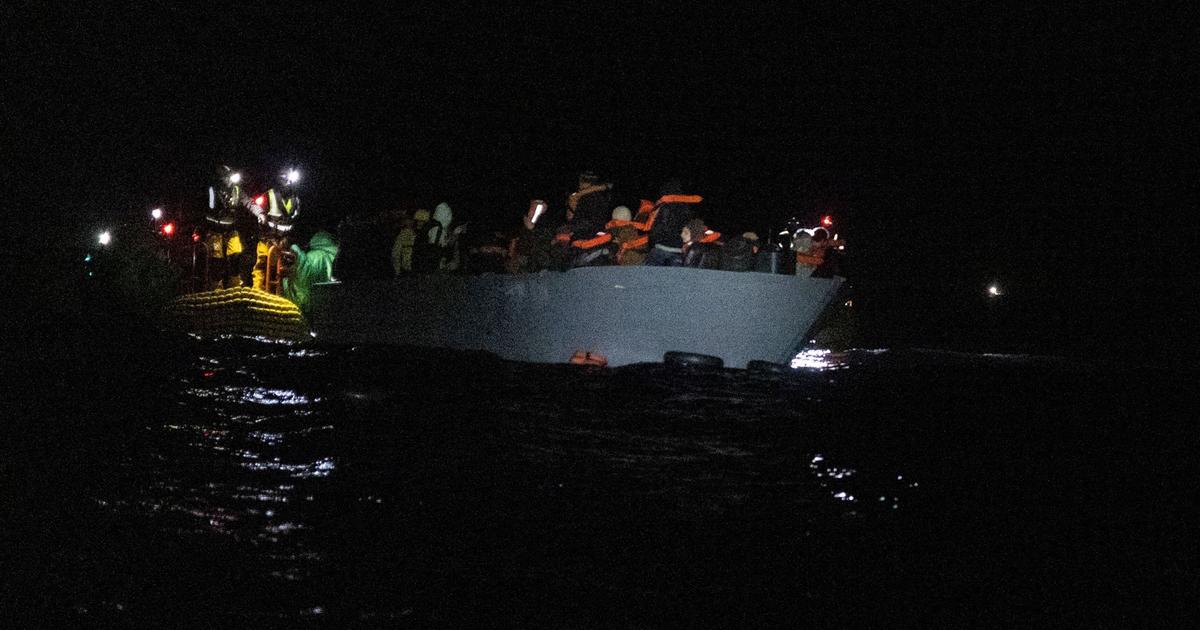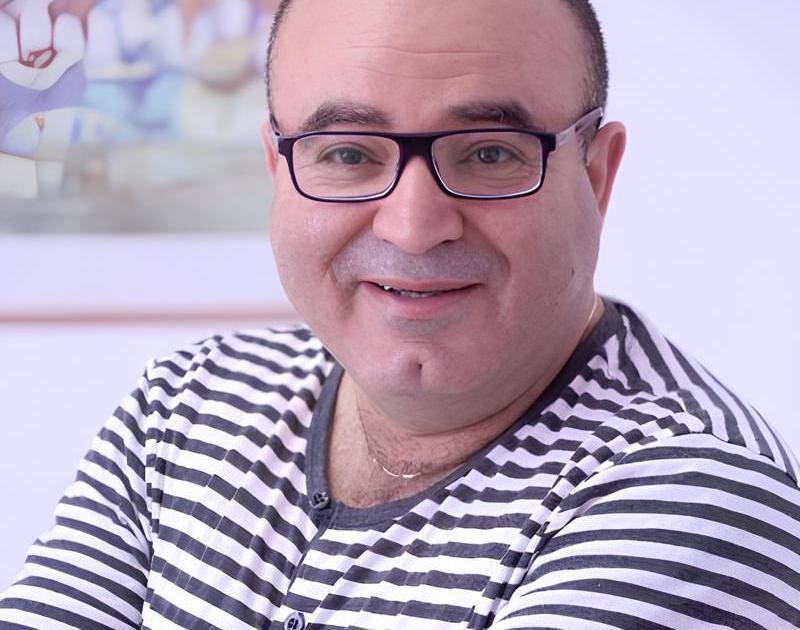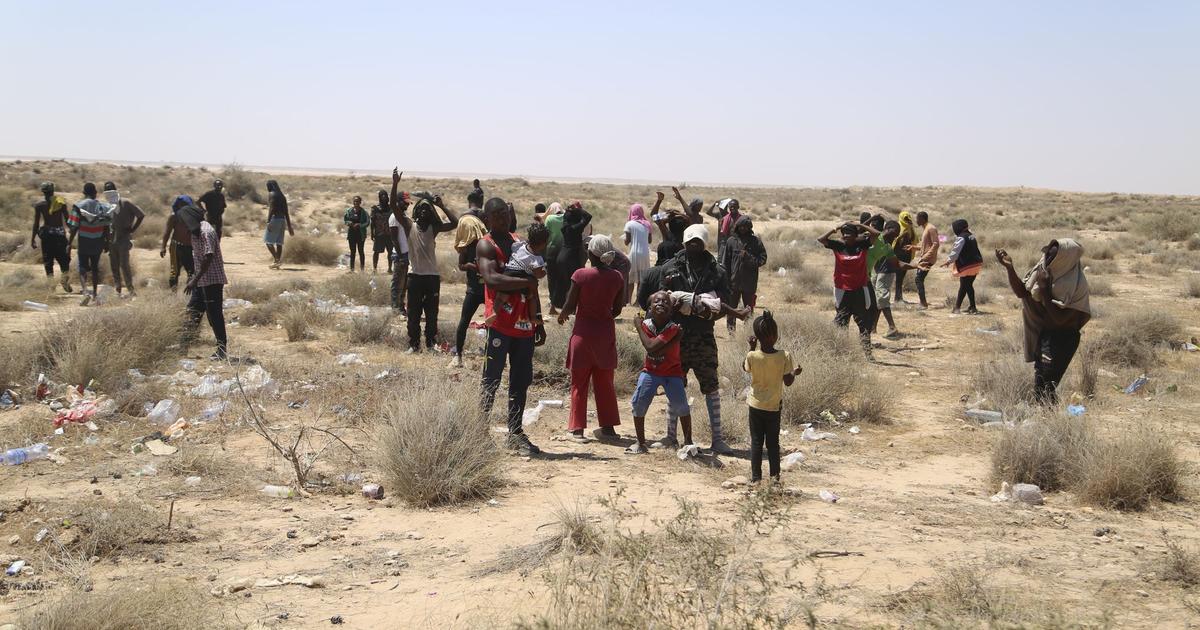The division between the street and the Tunisian political class has become evident again this Tuesday.
Hundreds of protesters have tried to reach the doors of the Assembly shouting: "The people want Parliament to be dissolved", "down with the regime", "freedom for the prisoners", "no to the marginalization of the popular neighborhoods" .
Meanwhile, the Parliament initiated a motion of confidence on the 11 new ministers, all men, proposed by the head of the Government, the technocrat Hichem Mechichi.
A strong police deployment made it possible for the march to stop about 100 meters from the Assembly.
But the distance between the country's political class and a good part of the youth seems to be lengthening every day.
Although the result of the motion of confidence was expected well into the early hours of Wednesday, the real political game seemed to unfold, not in Parliament, but in the streets of this country of 11.5 million inhabitants.
The demonstrations have barely ceased since Thursday, January 14, the day that commemorated the tenth anniversary of the flight of the dictator Zine el Abidine Ben Ali.
A police officer attacked a pastor that same Thursday in the city of Siliana, a two-and-a-half hour drive from Tunis.
And that act, spread on social networks, inflamed the feeling of humiliation among young people, who remembered the street vendor Mohamed Bouazizi.
If Bouazizi gave rise to the Arab Spring, when he immolated himself on December 17, 2010, when several agents took away his traveling cart, the Siliana shepherd has spurred the memory of the revolution.
This time, thousands of young people demonstrated for four nights in dozens of regions of the country.
Looting and clashes with the police took place in some of the demonstrations.
Some 1,200 young people were arrested.
Most of them remain in prison.
Some deputies in Parliament indicated that the complaints from the streets should be addressed and these young people released.
The protests were harshly repressed by a police that civil society still accuses of committing abuses typical of the dictatorship.
This Monday afternoon news broke of the death of a young protester, Haykel Rachdi, who had been hit in the head on January 19 by a tear gas projectile.
The news of his death sparked new demonstrations in his city, which were likewise suppressed with tear gas.
In the country's capital, the riots and major protests by young people began in the Ettadhamen neighborhood, the most deprived and overcrowded in the country.
Hundreds of protesters left there Tuesday in the direction of Parliament, which is more than an hour away on foot.
They were joined by other protesters in the city center.
The protesters chanted shouts against Hichem Mechichi, 47, without political affiliation, who has been the head of government since July.
Mechichi was proposed by the country's president, Kais Said, a 62-year-old professor of Constitutional Law and a conservative tendency.
But both politicians were distancing themselves in a few months.
In recent days, Mechichi decided to resign the ministers closest to Said and appoint 11 others, in a team of 30.
The president advanced Monday that he planned to reject the changes proposed by Mechichi.
He alleged that the procedure is unconstitutional, since he was not consulted on the renewal of the Cabinet.
He also criticized the fact that the 11 elected are men, adding that some of those elected may have conflicts of interest with their positions, without providing further details.
The Assembly has a total of 217 deputies and the majority group, the Islamists of Ennahda, only have 57 seats.
Added to the fragmentation of the Assembly and the disputes between the Head of State and the Government is the deterioration of an economy that shrank by 8% in 2020. And where more than 12,800 people were forced to travel by boat to Europe.

/cloudfront-eu-central-1.images.arcpublishing.com/prisa/D4TRATT4D7KTOR6YVMVND4VEY4.jpg)
